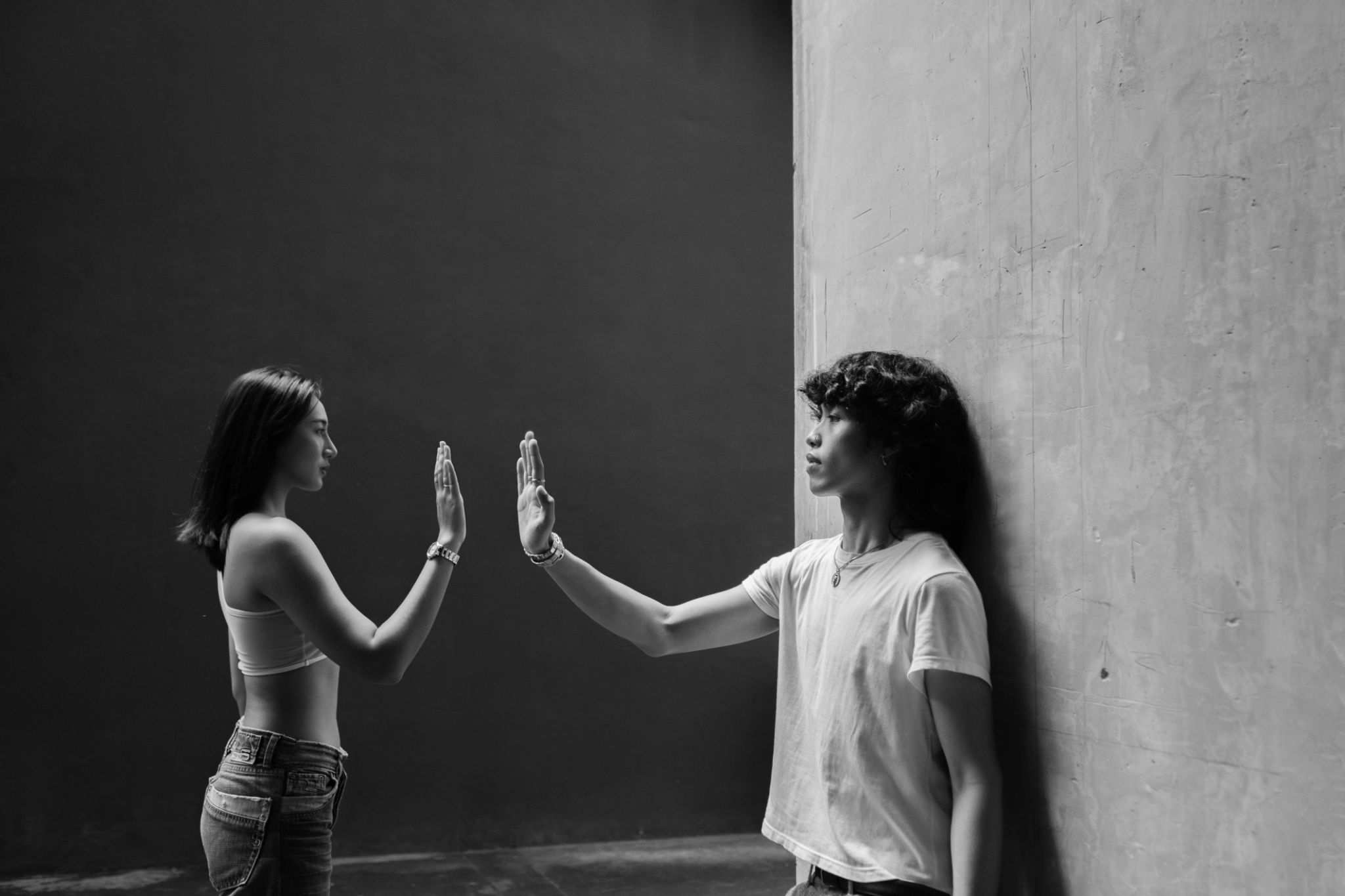Behind the Scenes: How Our Illusions Are Created
The Art of Illusion
Illusions captivate and intrigue us, often leaving us in awe of their seemingly magical effects. But behind every jaw-dropping illusion is a complex process that combines art, science, and psychology. Understanding how illusions are created can offer a deeper appreciation for this fascinating craft.

The Role of Psychology
To create a convincing illusion, magicians rely heavily on the principles of psychology. Techniques such as misdirection, suggestion, and cognitive biases are employed to manipulate perception. By understanding how the human brain processes information, illusionists can lead audiences to see what they want them to see.
Misdirection is a key component. By directing the audience’s attention away from where the trick is actually happening, magicians create an opportunity to perform the sleight of hand unnoticed. This technique exploits the way our brains prioritize sensory information.
The Science of Optics
Optics, the study of light and vision, plays a significant role in creating illusions. By manipulating light, shadow, and perspective, illusionists can create effects that seem to defy the laws of physics. For instance, mirrors can be used to make objects appear or disappear, leveraging the way light reflects to deceive the eye.

Another common technique involves the use of lenses and angles to distort perception. This can make objects appear larger, smaller, closer, or further away than they actually are.
The Craftsmanship Involved
Beyond psychological and scientific principles, creating illusions requires exceptional craftsmanship. Props must be meticulously designed and constructed to ensure flawless execution. Attention to detail is crucial, as even the slightest flaw can reveal the secret behind the trick.
Many magicians collaborate with designers, engineers, and artists to perfect their illusions. This teamwork results in seamless performances that leave audiences guessing.

The Power of Storytelling
Storytelling is another powerful tool in the illusionist's arsenal. By weaving a narrative into their performances, magicians can enhance the emotional impact of their tricks. A compelling story captivates the audience, making the illusion even more memorable.
Incorporating storytelling not only enriches the experience but also helps distract and mislead the audience, making the illusion more effective.
Innovation and Evolution
The world of illusions is constantly evolving, with new techniques and technologies being developed. Digital effects, holograms, and augmented reality are just a few examples of how modern magicians are pushing the boundaries of what's possible.
By embracing innovation, illusionists continue to captivate audiences, proving that the art of illusion is as alive and exciting as ever.

Conclusion
The creation of illusions is a complex, multifaceted process that blends art, science, and storytelling. Understanding the principles behind these captivating tricks can deepen our appreciation for the skill and creativity involved. As technology advances, the world of illusions will continue to evolve, enchanting and inspiring audiences around the globe.
